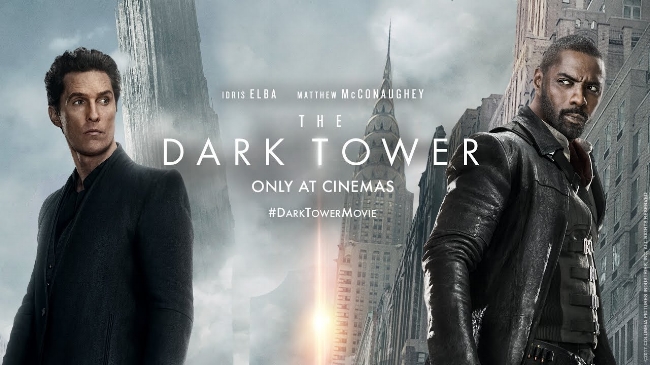Appaloosa (2008)
I have been revisiting the western genre and reacquainting myself with some of its more cerebral examples. Ulzanna’s Raid (1972) and Tom Horn (1980) certainly helped remind me of the diversity of themes and the scope of subjects that this genre has explored over the years. Obviously due to the westerns decline in popularity, there are fewer examples to cite from recent years, although I would single out Open Range (2003) and 3:10 to Yuma (2007). However, Appaloosa (2008) is a movie that embodies all the narrative qualities that a good western can achieve and furthermore it does so without the need to re-invent the wheel. In structural terms, this is old school cinema and all the better for it.
Ed Harris directs, co-writes, co-produces, sings (a ballad over the end credits) and stars in this traditional Western, based on a book by Robert B. Parker. Unlike other revisionist or deconstructionist westerns, Appaloosa feels more like a genre classic like John Ford’s My Darling Clementine. The film focuses on the characters rather than action and although there are shoot-outs, they are not overstated. The production feels very authentic (if there is such a thing to be found in the mythology of the cinematic western) and the cinematography by Dean Semler is outstanding, reflecting the harsh landscape and stark functional towns.
Central to this film is the friendship between Harris’ marshal, Virgil Cole, and Viggo Mortensen’s deputy, Everett Hitch. It’s the sort of deep understated relationship where one character can finish another’s sentences. Often more is conveyed by what’s not said. Such friendships are based on loyalty and this is an integral theme in Appaloosa. The status quo is sorely tested by the introduction of Widow Renée Zellweger and crooked rancher Jeremy Irons. Harris and Mortensen, who co-starred in A History of Violence (2005) are superb and there is solid support from the likes of Timothy Spall and the underrated Lance Henriksen.
Harris directs well and focuses on modern parallels, especially the distinction between enforcing the law and just killing people. His film extols the old-world virtues of honour and loyalty. He also explores the theme of a woman trying to survive in a man’s world and the tough choices she has to make to get by. The climatic showdown is more about the battle between a man and his conscience, rather than two dimensional notions of good versus evil. This is a thoughtful and somewhat old-fashioned film, that will suit those in a reflective mood, rather than action fans. It also clearly showcases why the western is such a broad and flexible genre that never grows old.








